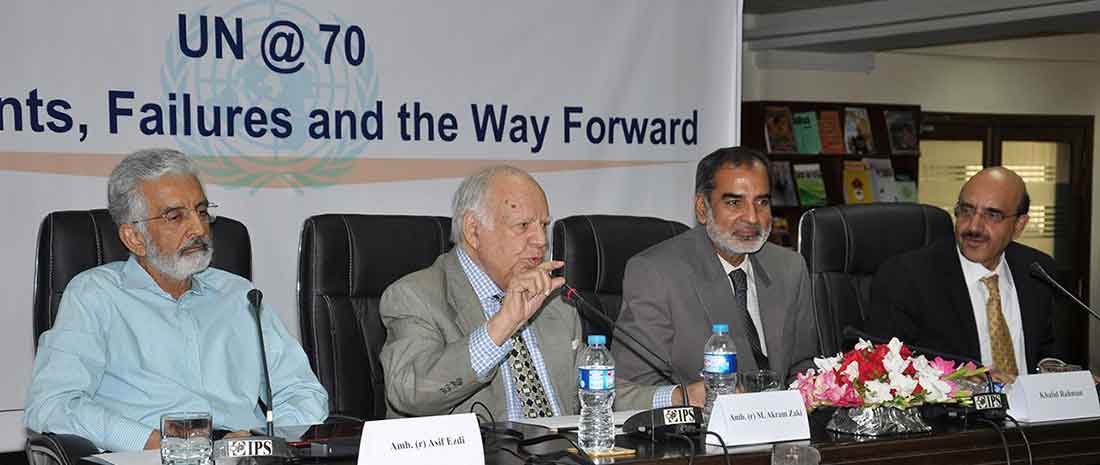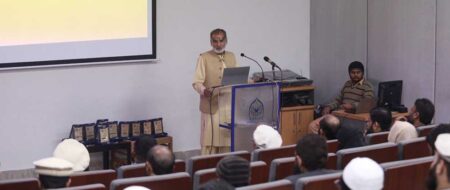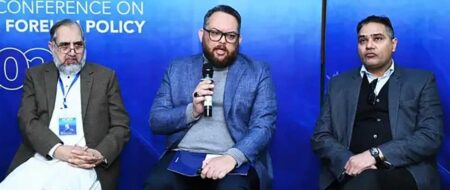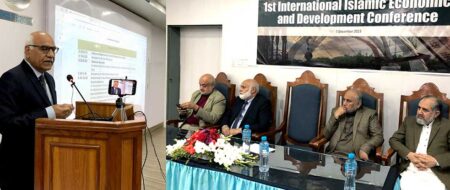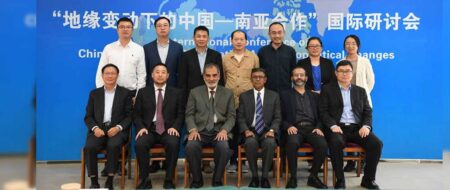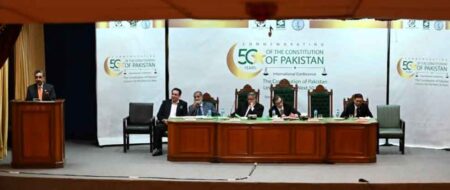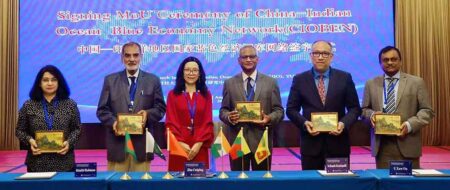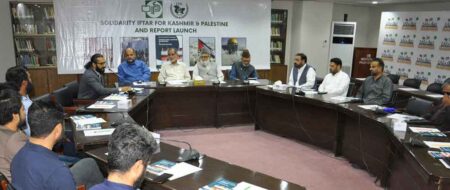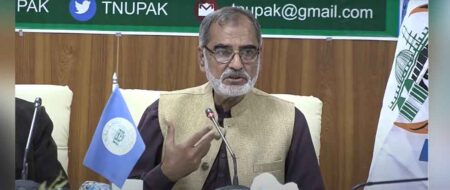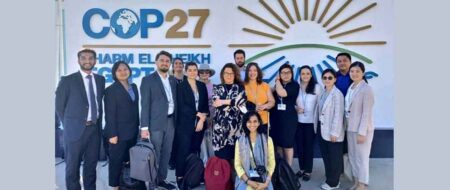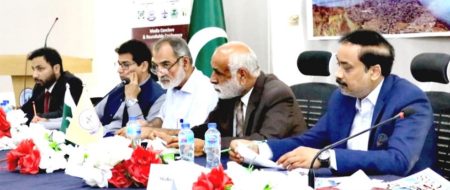UN@70: Achievements, Failures and the Way Forward
While lauding United Nations’ efforts in preventing a third world war and its numerous socio-economic development initiatives, senior diplomats and experts showed dismay over its failure in resolving numerous burning conflicts – including chronic ones like Kashmir and Palestine – and ensuring peace which was the foremost purpose of its existence according to its charter.

The analysts, despite acclaiming UN for its various development initiatives, slated the organization for being largely ineffective against the interests of bigger states. They were of the opinion that the seeds of UN’s shortcomings were sown at the very time of its construct when the principle of equality among nations was compromised by giving special powers to five countries giving them permanent seat of the Security Council with veto powers.
Referring particularly to the role of UN Security Council in ensuring peace at the global level, the participants noted that despite being very active in the matters of smaller countries, the organization failed to intervene in conflicts involving major countries as they frequently reinterpreted international laws to suit their interests and backed them further with the notions like ‘anticipatory prevention’.
The United Nation’s role in upholding the ‘rule of law’, they said, was affected considerably after the disintegration of USSR and the world returned to the ‘rule of force’ by powerful states, as well as by the non-state actors they created to achieve their objectives, has prevailed since then, which UN has been unable to stop and has remained a silent spectator.
Even the recent success in the West’s dialogue with Iran over nuclear non-proliferation has not witnessed any contribution by the UN to it.
Underscoring reforms to enhance the effectiveness of the UN, the speakers were unanimous that there were very little chances of inclusion of any new permanent member in the UN Security Council in near future. In case of any such additions, they said, many other countries would not like to continue with UN membership as second or third grade countries and this will eventually collapse the whole system.
They also urged Pakistan to make use of creative diplomacy at the UN forums by basing its arguments on legal and principled points to articulate and justify its standing on various matters. Pakistan’s foreign policy, they advised, should maintain that any new inclusions in the UN Security Council should be non-discriminatory and should be balanced with representations from major regions, world religions, etc.
DG-IPS Khalid Rahman, Ambassador (r) Khalid Mahmood, Mirza Hamid Hasan, former secretary and member IPS-National Academic Council, Air Cdr (r) Khalid Iqbal, Brig (r) Said Nazir, also spoke on the occasion.


